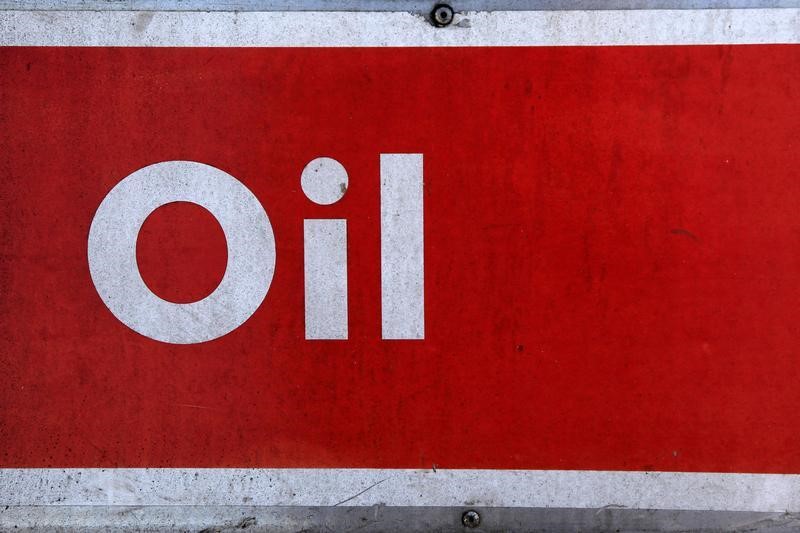* Cushing oil stocks up 1.7 mln, Genscape says -traders
* Charts had Brent, U.S. crude in overbought territory
* IEA boss urges oil producers to ease supply concerns
* Emerging market woes weigh on demand outlook (New throughout, updates prices, market activity and comments to settlement)
By Stephanie Kelly
NEW YORK, Oct 4 (Reuters) - Oil prices fell on Thursday as the prospect of increased crude production from Saudi Arabia and Russia prompted profit-taking the day after futures hit four-year highs on a boost from imminent U.S. sanctions on OPEC's No. 3 producer Iran.
Brent crude LCOc1 futures fell $1.71, or 1.98 percent, to settle at $84.58 a barrel. On Wednesday, Brent rose to a late 2014 high of $86.74.
U.S. West Texas Intermediate (WTI) crude CLc1 futures fell $2.08 to settle at $74.33 a barrel, a 2.72 percent loss.
Market participants took profits after Brent on Wednesday climbed to the most technically overbought level since February 2012. WTI was the most overbought since January. The relative strength index (RSI) for both Brent and U.S. crude rose this week to above 70, a level often regarded as signaling a market that has risen too far.
On Thursday, both contracts' RSI retreated to below 70.
Weighing on oil prices, U.S. stock market indexes broadly fell, with the benchmark S&P 500 .SPX on pace for its biggest one-day drop since late June. Crude futures at times track with equity markets.
Also pressuring oil prices, crude inventories at the U.S. hub of Cushing, Oklahoma, rose about 1.7 million barrels from Sept. 28 to Tuesday, traders said, citing a report from market intelligence firm Genscape.
"Today's pullback appeared heavily influenced by the sharp decline in the equities and looked like a deserved correction given the magnitude of the recent upside price acceleration," Jim Ritterbusch, president of Ritterbusch and Associates, said in a note.
Oil prices have risen as the market braces for sanctions on Iran that kick in on Nov. 4. Saudi Energy Minister Khalid al-Falih said on Thursday the Organization of the Petroleum Exporting Countries was able to raise output by 1.3 million barrel per day, but offered no signal that the producer group would do so. kingdom plans to invest $20 billion to maintain and possibly expand its spare oil production capacity, and currently has a maximum sustainable capacity of 12 million bpd. reported on Wednesday that Russia and Saudi Arabia struck a private deal in September to raise output. PRICES START TO WEIGH ON ECONOMIES, DEMAND
Rising oil prices and global trade worries are pressuring emerging economies, International Energy Agency Executive Director Fatih Birol told Reuters. faces an "economic crisis" due to its huge oil imports, two local TV channels cited Transport Minister Nitin Gadkari as saying. India also has been hurt by a slide in the rupee against the dollar.
A strong dollar makes dollar-denominated oil more expensive for buyers using other currencies.
"We have argued recently that reaching the $100 market would be a tall order," PVM Oil Associates strategist Tamas Varga said.
"About the end of November, we will have a good idea as how many barrels will be lost due to the launch of the second round of the Iranian sanctions. By that time all the bullish news will be in the market."
<^^^^^^^^^^^^^^^^^^^^^^^^^^^^^^^^^^^^^^^^^^^^^^^^^^^^^^^^^^^ GRAPHIC: Oil prices in different currencies
https://tmsnrt.rs/2OffFwp Who can and who can't raise crude output within OPEC
https://reut.rs/2IGztE0
^^^^^^^^^^^^^^^^^^^^^^^^^^^^^^^^^^^^^^^^^^^^^^^^^^^^^^^^^^^>
